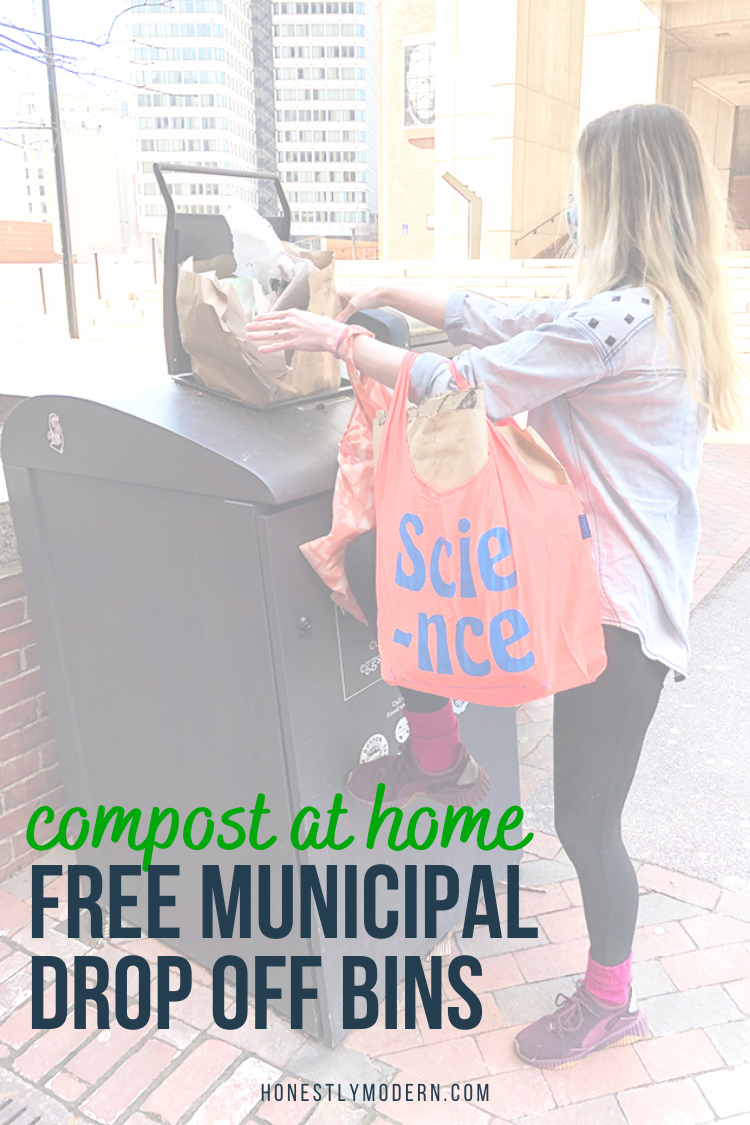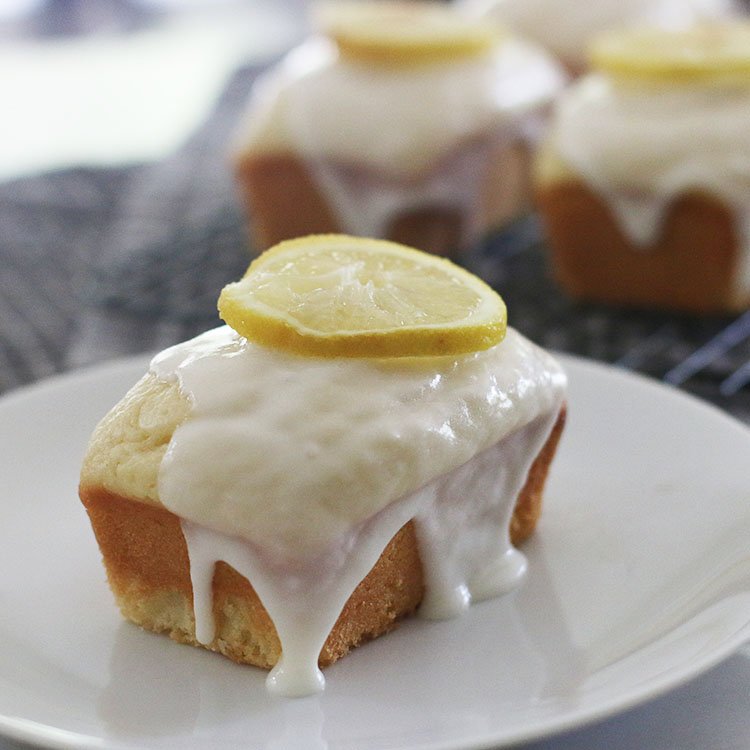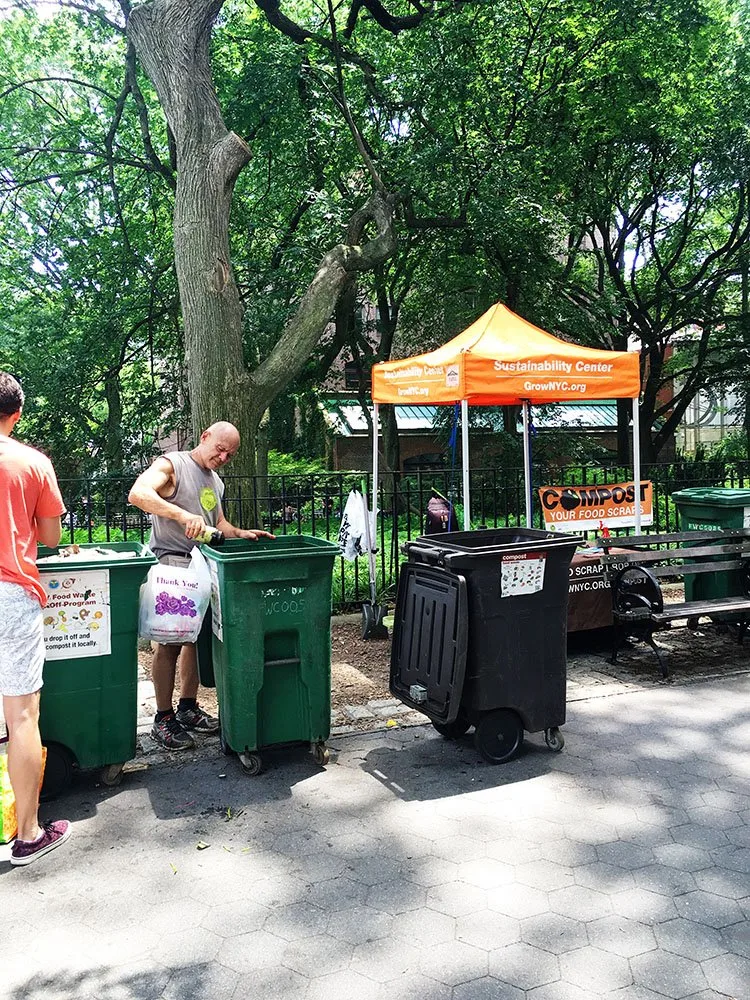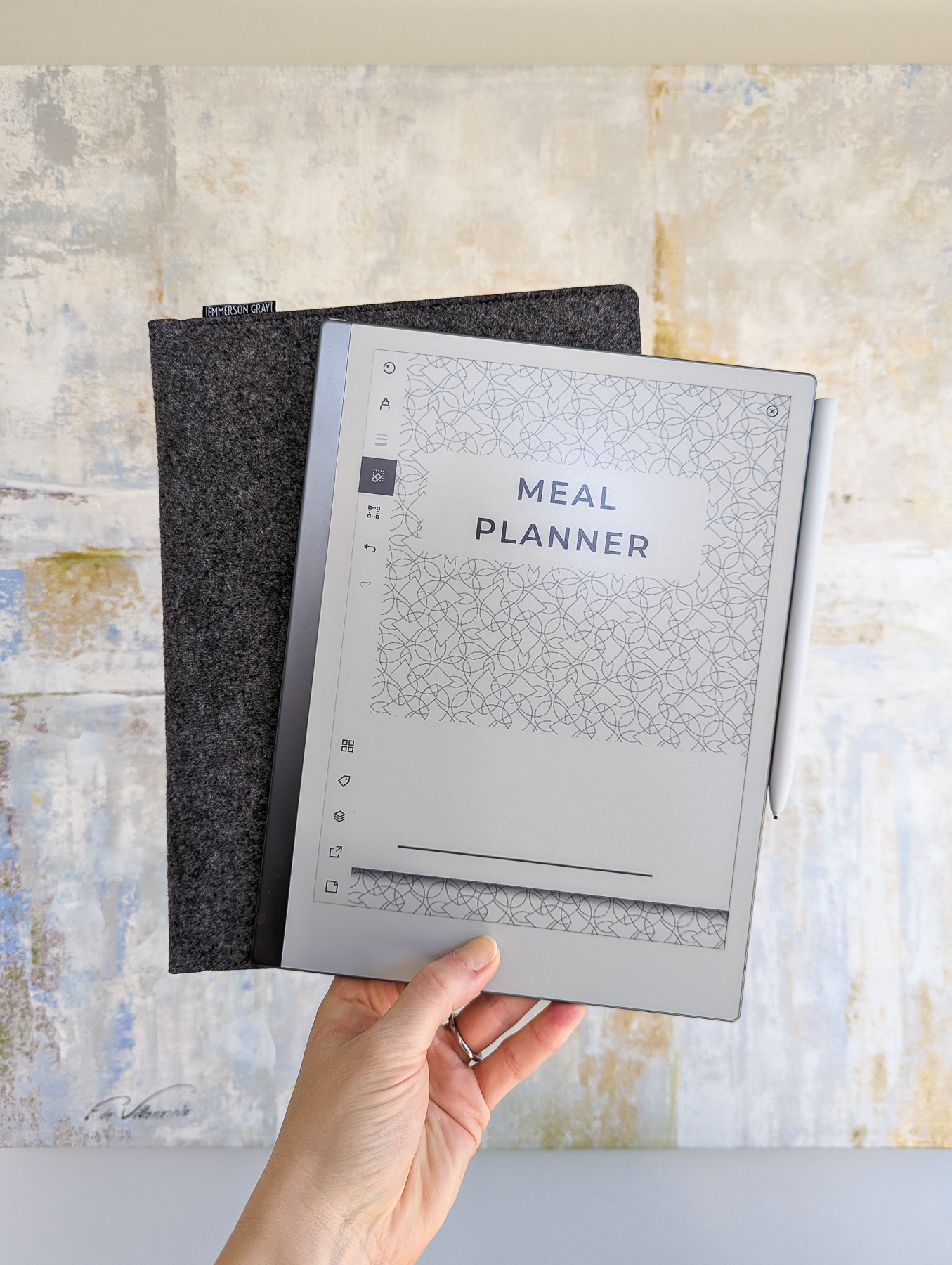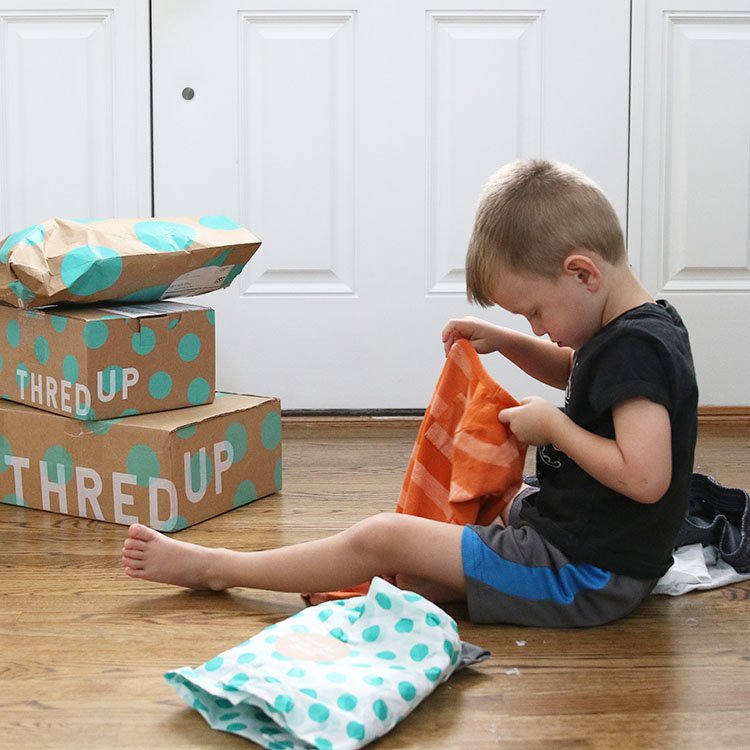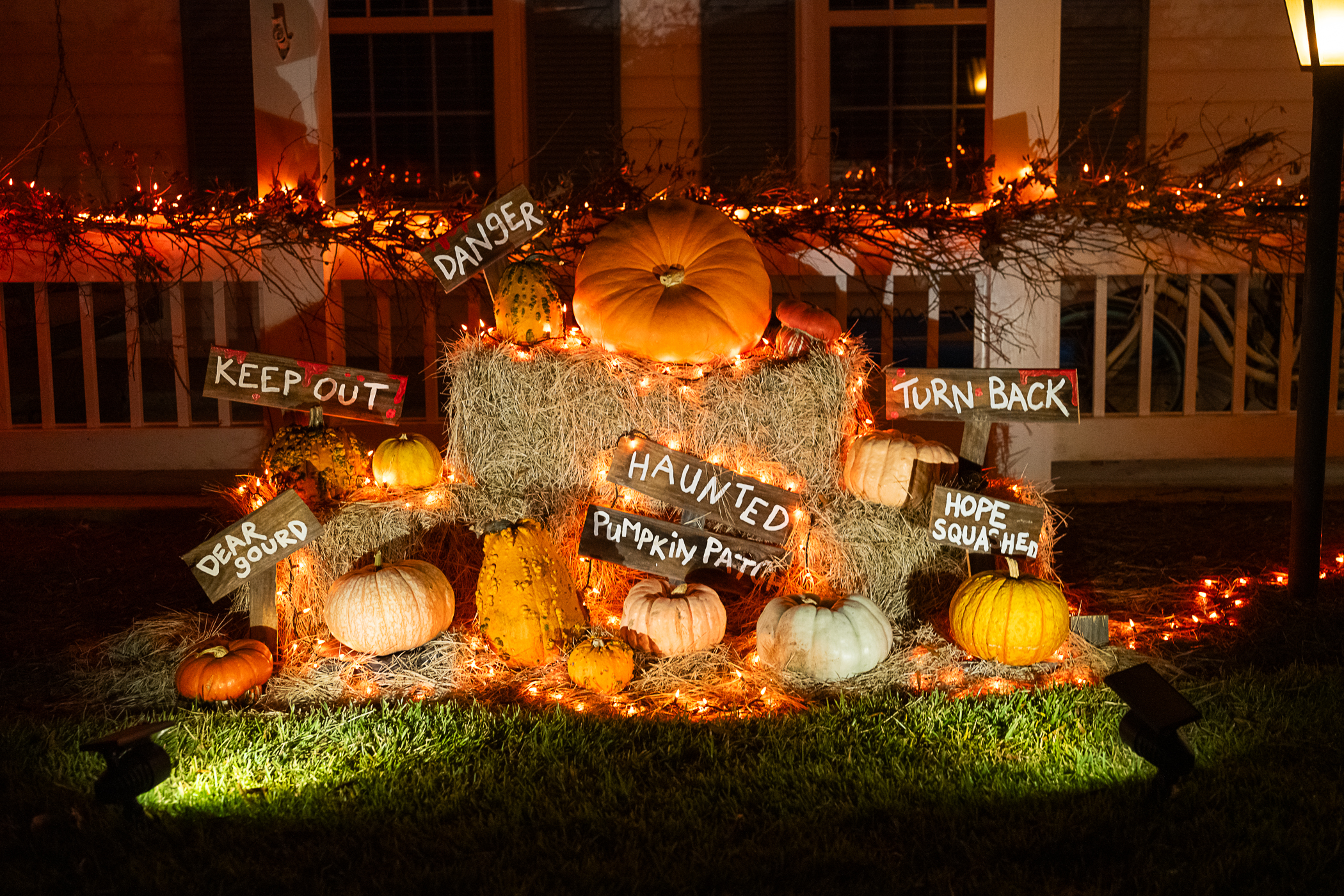How To Compost At Home | Free City Drop Off Bins
Do you know how to compost at home? Depending on where you live, there are probably certain ways to compost at home that work better than others. This urban dweller uses free municipal compost drop off bins provided by the city to compost her food scraps and save them from the landfill.
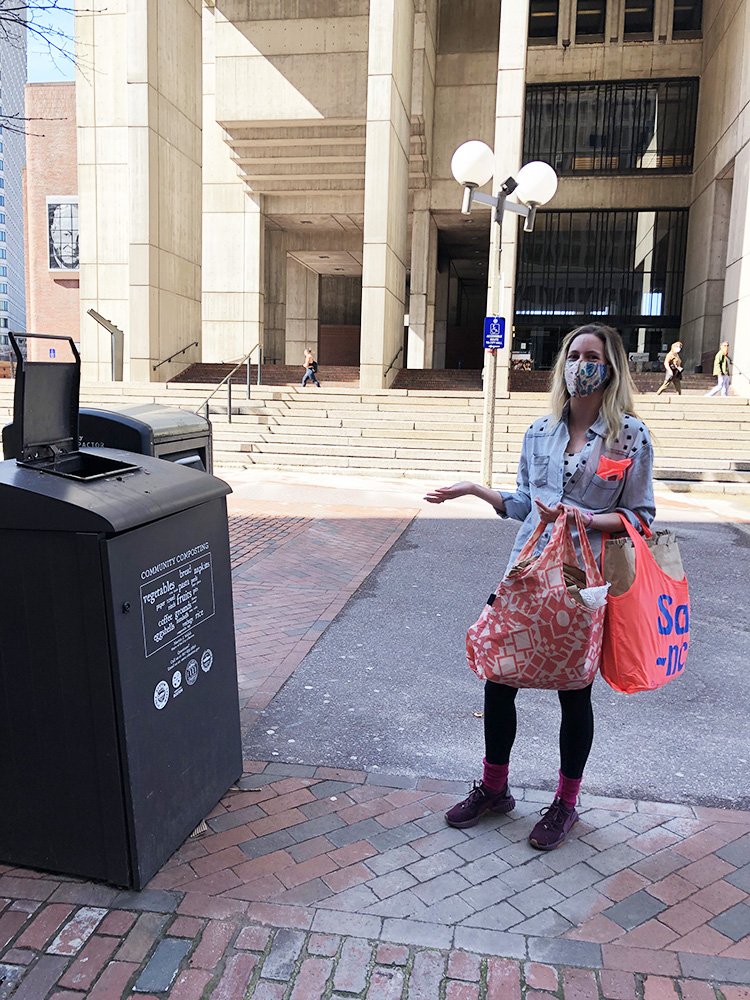
The Compost Chronicles series highlights families in various circumstances who have all found a way to compost at home that works for their lifestyle. Hopefully, you can be inspired to give it a go and help our planet become a little healthier.
Did you know that composting can transform your trash into new life? And that new life, in the form of microbes, fungi, earthworms, and more, provides the foundation for much of all other healthy life on Earth?
Composting is a great way to create healthy soil to support people and our planet. Healthy soil is also a magical carbon sink that absorbs carbon from our atmosphere and helps cool the planet. While dead dirt has few living organisms, a teaspoon of healthy soil has more living organisms in it than the entire population of humans on Planet Earth!
We need everyone to learn how to compost at home and make it a part of everyday life.
Don’t think you can compost? We’ve got a whole set of resources on Everything To Know About How To Compost At Home, including more Compost Chronicles interviews. All of this information about how to compost at home will hopefully prove that just about anyone can make space and find a system to turn their food scraps into nutrient-rich compost to enrich our soil, feed our food cycle, and limit the food waste that ends up in landfills.
In this edition of Bring Your Trash To Life, Nicolette shares how she uses the Project Oscar compost bins provided by the city of Boston to compost her food scraps for free. Project Oscar, aptly named by the city based on the Sesame Street character, is a pilot program that will hopefully grow to allow many more residents free access to composting in their communities.
If you live in an urban area and are searching for free compost options, read on about this simple program that Nicolette uses and how easily she stores her food scraps between visits to the compost bin. If your city doesn’t have a similar program, maybe you can use this pilot program to encourage your municipal leaders to try the program where you live? Let’s hear more from Nicolette!
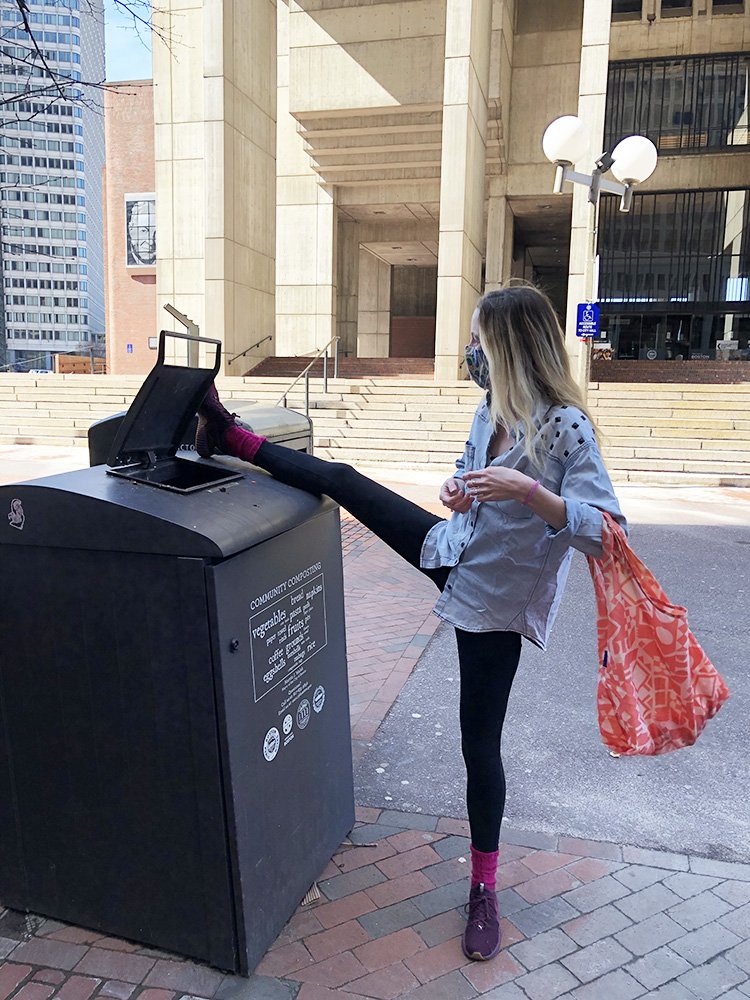
Can you tell us a bit about yourself, where you live, your family, etc…?
My name is Nicolette. I’m a master’s student in Boston, but I grew up in Tennessee. I’ve lived here for seven years, and I love the ways the city and the people of Boston are always trying to become more sustainable.
Tell us a little bit about why you decided to start composting?
My mom has always loved gardening and composted mostly garden and yard refuse when I was growing up. She used a barrel container that you turn to mix up the compost. We had a small countertop compost bin in the kitchen, but I don’t remember using it much.
A couple of years ago, my mom really started making an effort to compost food leftovers, and I looked for a way to do the same in Boston. I didn’t have the funds to pay for a private company to come to collect my compost at the time.
However, I knew New York and Cambridge had curbside compost, so I searched for free compost options in Boston. That led me to Project Oscar, the free compost drop-off program in Boston.
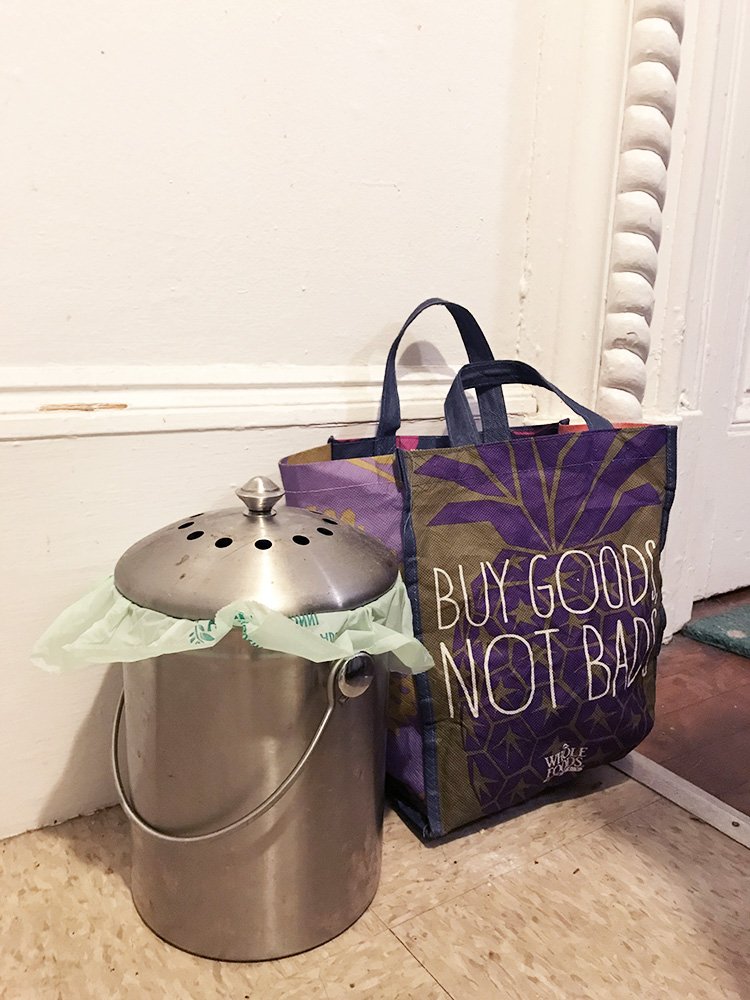
What method or methods of composting do you use or have you used?
I use a small countertop compost bin with compostable liners and bring them every two weeks to the city drop-off location. If I fill up more than one bag during that time, I put the extra bag in the freezer until I can stop by the bin to drop off my compost.
Even in the summer (without air conditioning), I don’t notice a smell in my apartment and haven’t dealt with any fruit flys. I also rip up paper from mail, printouts, etc…. to add to my bags.
Do you have any special tools, containers, or products that help make composting easier or more accessible for you?
The compostable liners are really helpful since I have to bring my compost to another location. I usually put a few full bags in a bigger paper bag for transport. Then I can drop it all, the compost bags and the paper bag, in the city bin.
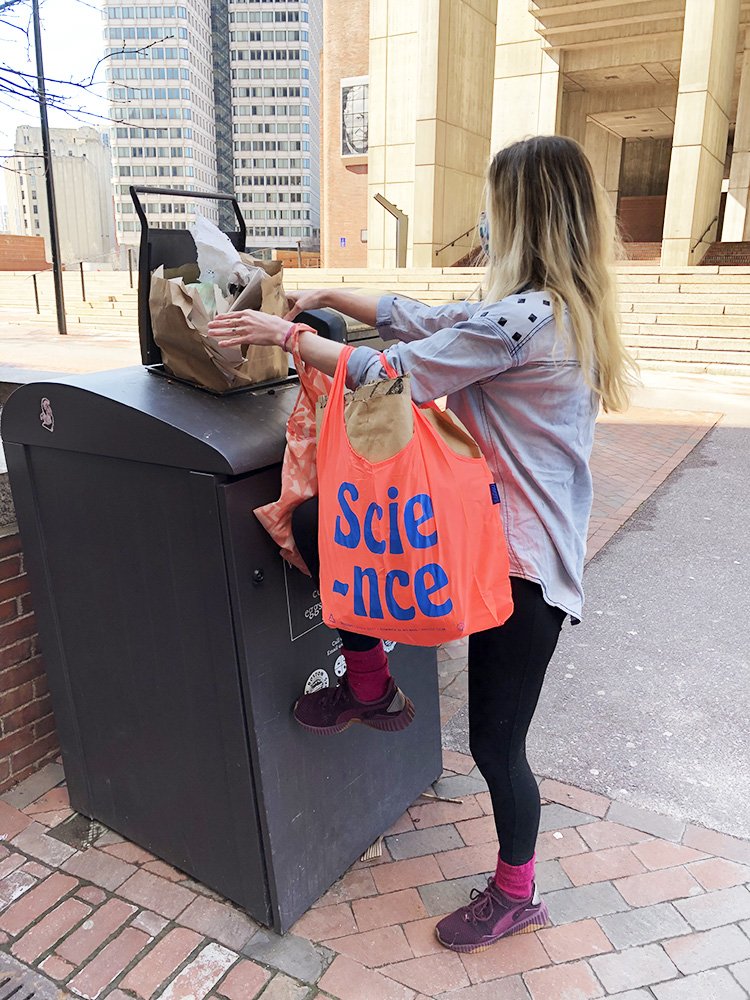
Have you experienced any benefits from composting, especially ones that might have surprised you?
I’m more conscious of what I’m buying and consuming, and if it can be composted at the end of its use. This includes food – we can’t compost cheese, meat, or dairy in the Boston program – and the containers and packaging that items come in.
Anything else you’d like to share with readers about your composting practices, especially to help beginners gain confidence that they too can compost?
If your city doesn’t have a composting program and you don’t have a backyard, check with neighborhood gardens or farmers’ markets for free options. There are many ways to compost that don’t cost money.

